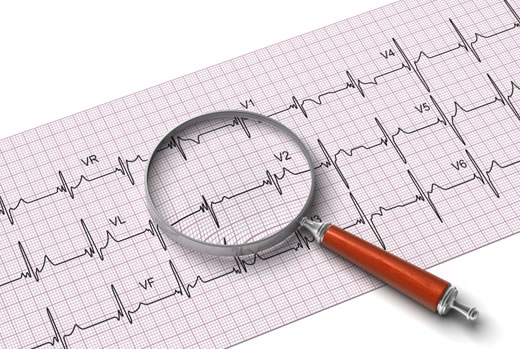Emory Healthcare is launching new screening centers across the Atlanta area to help diagnose abnormal heart rhythms, or arrhythmias.
An arrhythmia is a disorder of the heart that occurs when the body’s electrical impulses, which direct and regulate heartbeats, do not function properly and cause the heart to beat slowly (bradyarrhythmias), rapidly (tachyarrhythmias) or in an uncoordinated manner.
The new Emory clinics offer screening and, if needed, state-of-the-art care by some of the country’s leading arrhythmia experts, called electrophysiologists. Locations are already operating in Villa Rica, Conyers and Johns Creek and a fourth one will open later this summer in Decatur.
"Emory has one of the most wide-ranging and innovative treatment programs for heart rhythm disorders in the United States," says electrophysiologist Angel Leon, MD, professor of medicine and the chief of cardiology at Emory University Hospital Midtown.
"Anyone who is experiencing palpitations, heart racing or other rhythm symptoms can visit one of our new screening locations to determine if their condition is serious and requires treatment by a specialist," says Leon.
Leon and his colleagues have been pioneers in shaping arrhythmia treatment options, serving as primary and principal investigators for many national clinical trials.They rank among the world’s leaders in cardiac resynchronization therapy and have performed more cardiac ablation procedures than anyone in the Southeast. Cardiac ablation is used to destroy small areas in the heart that may be causing rhythm issues by sending electrical (or sometimes cold) energy to the problem area.
According to the American Heart Association, atrial fibrillation (AFib) is the most common chronic cardiac dysrhythmia and affects nearly 2.3 million people in the United States. The prevalence of arrhythmias is age-related and is expected to rise substantially as the baby boomer population continues to age.
To learn more about arrhythmia screening, treatment and heart rhythm management services at Emory, please visit: www.emoryhealthcare.org/arrhythmia.

